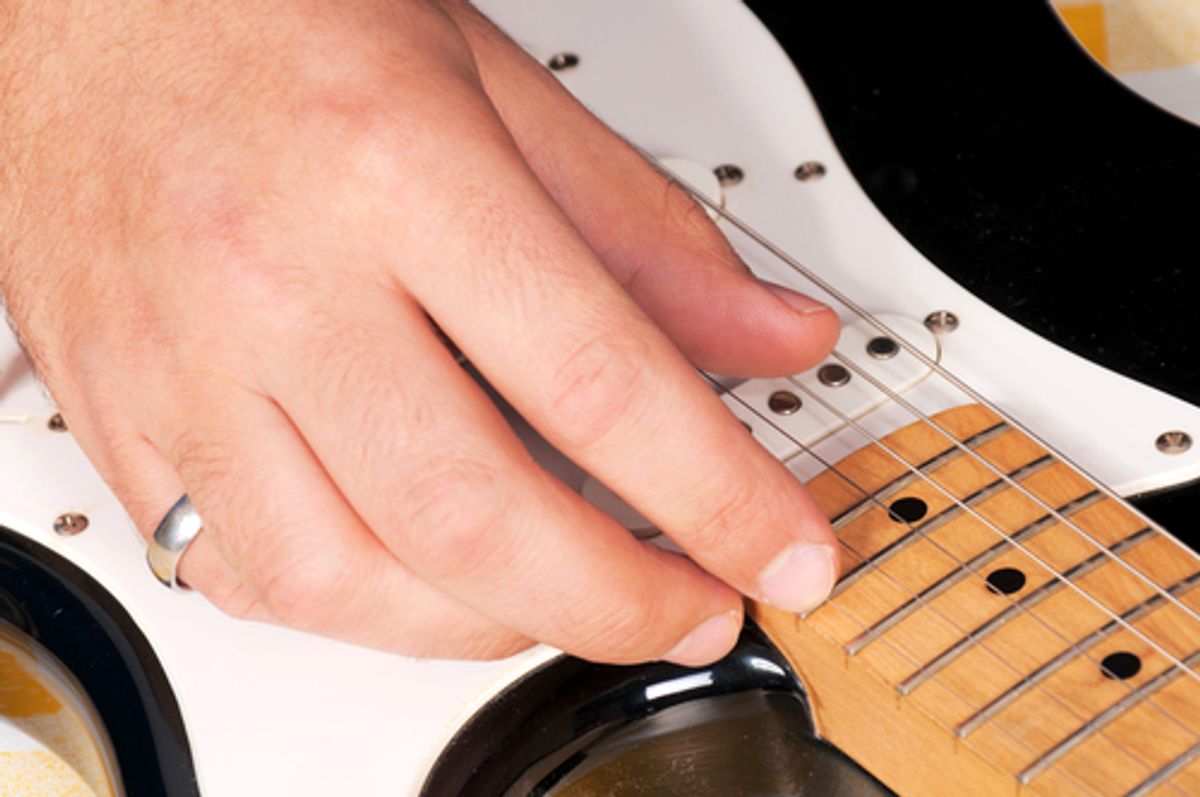 Want to lower your blood pressure? Pick up a musical instrument.
Want to lower your blood pressure? Pick up a musical instrument.
That’s the implication of a pilot study from the Netherlands, which suggests playing music is beneficial to one’s cardiovascular system.
“Our study suggests that active music making has some training effects that resemble those of physical exercise training,” researchers from the Leiden University Medical Center’s Department of Cardiology reports in theNetherlands Heart Journal.
The researchers, including Cees Swenne, measured the cardiovascular health of 25 musicians and 28 non-musicians, all healthy young adults between the age of 18 and 30. The groups were well-matched in terms of height and weight, as well as caffeine and alcohol consumption, and the amount of physical exercise they engaged in.
The only significant difference was the musicians—including six pianists, five singers, four flutists and three guitarists—practiced their instrument for an average of 1.8 hours per day.
The researchers found blood pressure was significantly lower among the musicians, and their heart rate “tended to be lower” than those in the non-musical group. They attribute this to the musicians’ higher levels of “somatosensory nerve activity,” which “beneficially modulate the autonomic nervous system.”
And while the test subjects were youthful, the researchers write, “blood pressure tracks into adulthood, and it has been demonstrated that blood pressure during young adulthood is associated with death from heart disease, cardiovascular disease, and all causes decades later.
“It is likely that similar effects will be found in older persons, and possibly even diseased persons, because of the parallels with physical exercise,” they add.
Meanwhile, a recent study from Britain found senior citizens who are “actively engaged with making music exhibited higher levels of subjective well-being, as compared to those engaged in other group activities.” If these results from the Netherlands can be replicated with a larger sample, it will indicate that the benefits of playing music are physical as well as psychological.
If music be the food of health, play on.

Shares